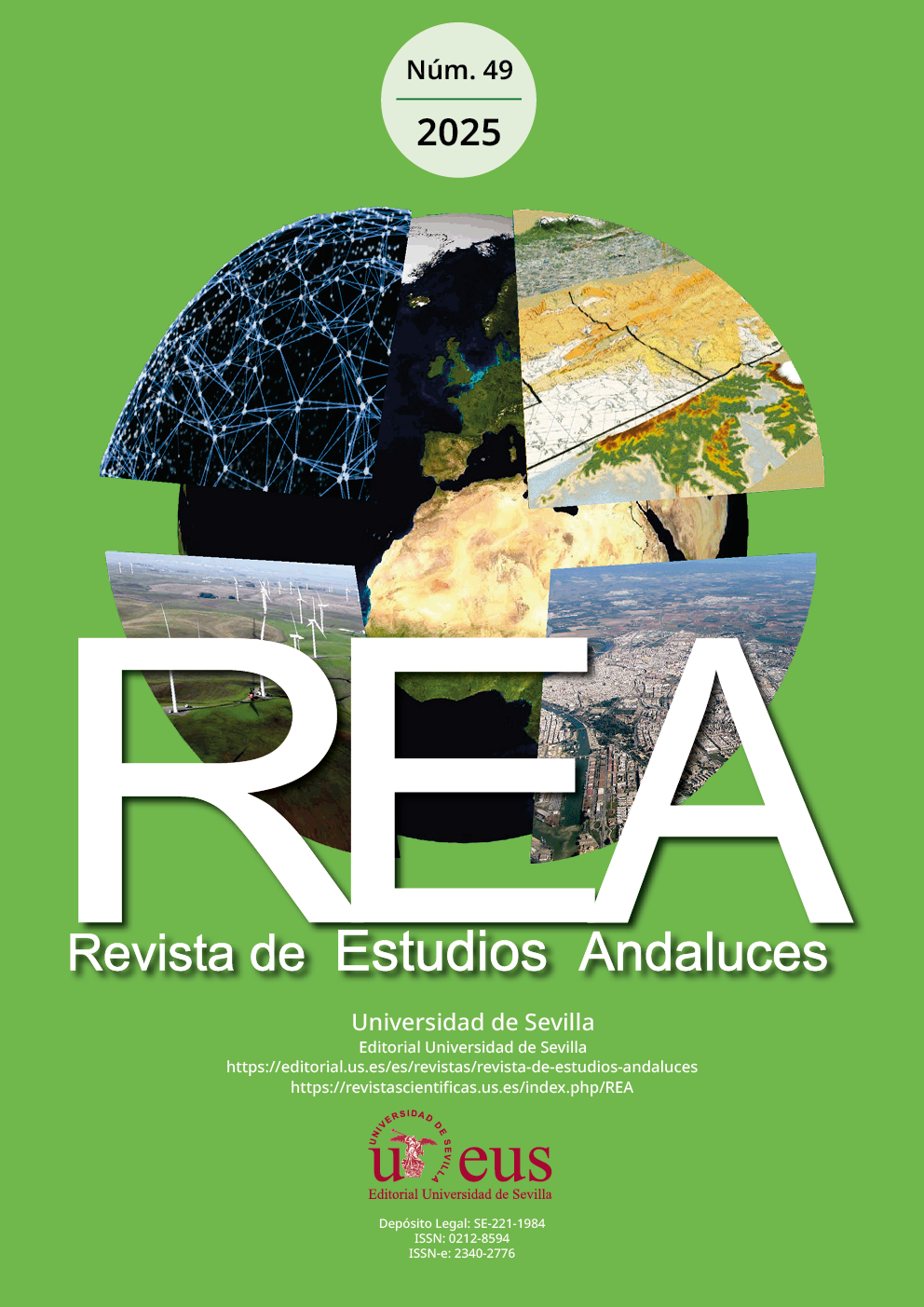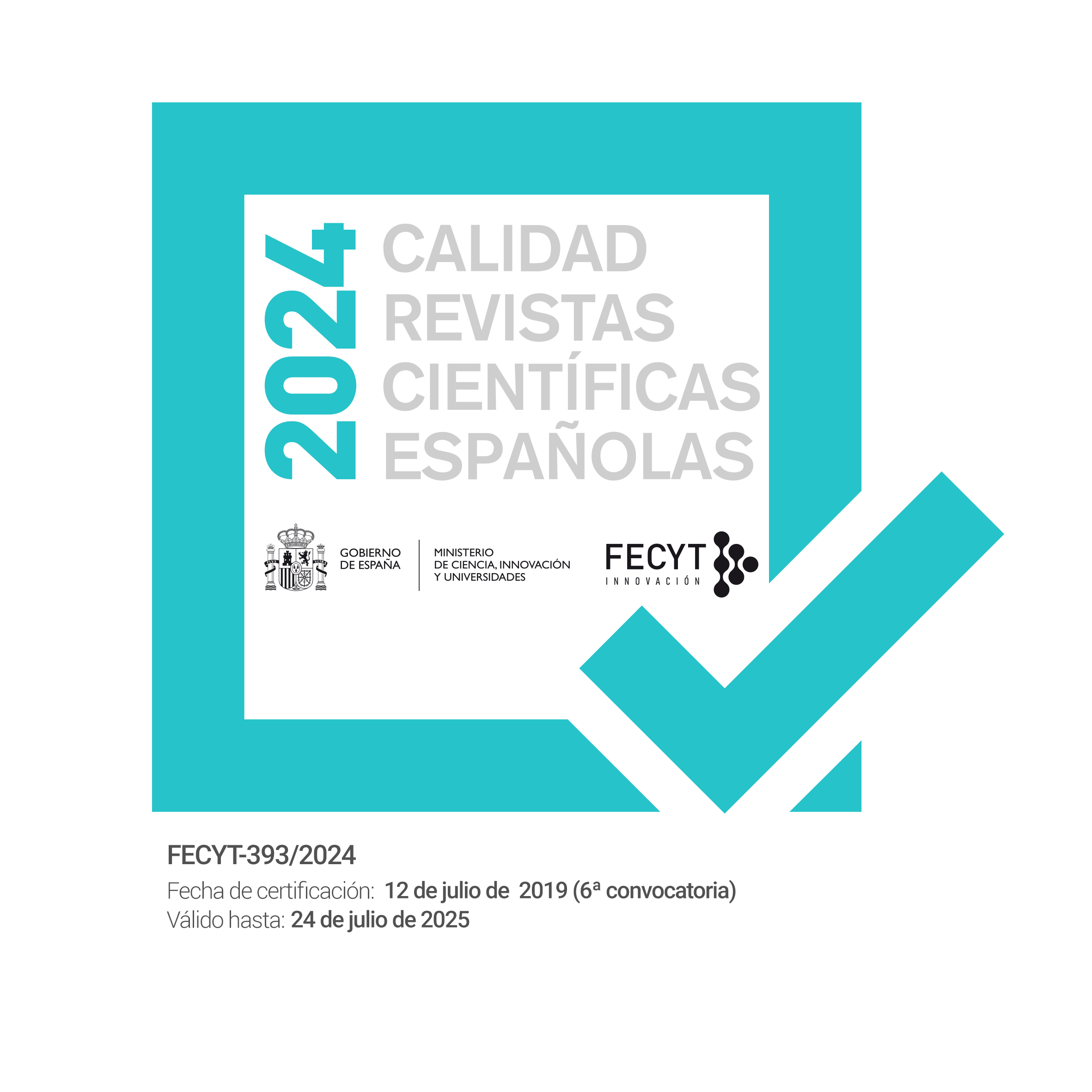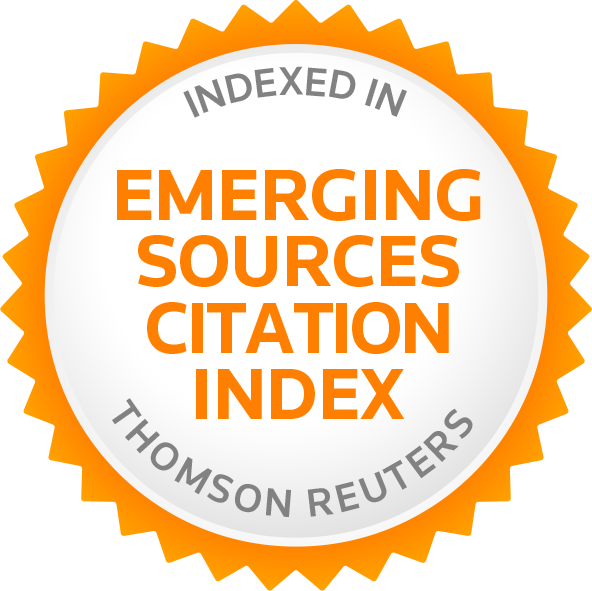Vegetation health evolution and erosion impacts in the Upper Oueltana region (Morocco): An NDVI-based analysis
Resumen
The article explores the evolution of vegetation health in the upstream Oueltana region through the analysis of the Normalized Difference Vegetation Index (NDVI) between 1984 and 2016. The NDVI, calculated from satellite images, shows a general trend of declining vegetation activity despite seasonal and annual fluctuations. This degradation is primarily attributed to the overexploitation of forests and unsustainable agricultural practices such as deforestation and overgrazing.
Water erosion, exacerbated by the reduction in vegetation cover, is identified as a major consequence of these human activities. The highly rugged terrain of the region is particularly vulnerable to this phenomenon, affecting soil fertility and water quality. Inadequate agricultural practices, such as intensive plowing and fallowing, further aggravate this problem by reducing infiltration and increasing runoff.
Local farmers have adopted adaptation strategies, such as the cultivation of fruit trees and the construction of terraces, to mitigate the effects of erosion and improve water resource management. However, these efforts face challenges such as high maintenance costs and rural depopulation, limiting their long-term effectiveness.
The article highlights the importance of sustainable agricultural policies and practices to preserve the ecological health of the region, emphasizing the need for integrated natural resource management and increased community participation to enhance resilience in the face of growing environmental challenges.
Descargas
Descargas
Publicado
Cómo citar
Número
Sección
Licencia
Derechos de autor 2025 Revista de Estudios Andaluces

Esta obra está bajo una licencia internacional Creative Commons Atribución-NoComercial-CompartirIgual 4.0.
La edición electrónica de la Revista de Estudios Andaluces se ofrece en acceso abierto desde el número 28 publicado en 2011 hasta la actualidad. Las ediciones impresa y electrónica de esta Revista son editadas por la Editorial de la Universidad de Sevilla, siendo necesario citar la procedencia en cualquier reproducción parcial o total.
La Revista de Estudios Andaluces no cobra tasas por el envío de trabajos, ni tampoco cuotas por la publicación de sus artículos. La Revista es gratuita desde el momento de la publicación de cada número y sus contenidos se distribuyen con la licencia “CreativeCommons Atribución-NoComercial-SinDerivar 4.0 Internacional” , que permite al usuario de la Revista de Estudios Andaluces criterios que cumplen con la definición de open access de la Declaración de Budapest en favor del acceso abierto. Puede consultar desde aquí la versión informativa y el texto legal de la licencia. Esta circunstancia ha de hacerse constar expresamente de esta forma cuando sea necesario.







